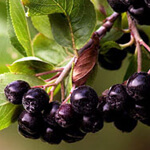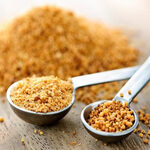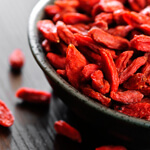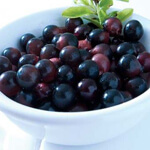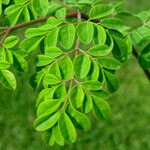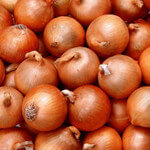
The salmonberry (Rubus spectabilis) is a plant native to the western coastlines of North America. It bears yellow, orange, and red fruits of the same name, which resemble raspberries in structure and were treasured by the American Indians for their sweet taste and medicinal properties. Salmonberries were often eaten with salmon, hence their name, although they are also called thimbleberries, Alaskan berries, and Russian berries. List of Health Benefits Unusually high in manganese – 100…


